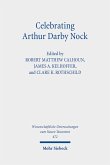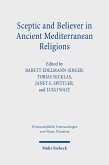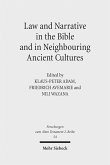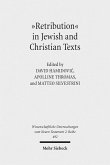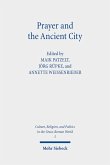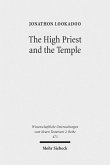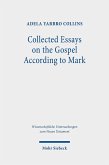Reports of the miraculous abound in early Christian literature, in early Jewish texts and in the works of various Greco-Roman authors. In this collection of essays, largely the product of a symposium held at the University of Regensburg in June 2011, scholars specializing in a wide range of areas involving the ancient Mediterranean explore the representation of miracles in ancient literature. The central questions addressed include the following: How do ancient authors express their attitude toward the miracles they report? What value do they place in miraculous accounts? Which literary techniques do authors use to indicate whether or not they take a particular miraculous occurrence as true? How do they qualify, cast doubt on, or deny the validity of a report? Against this backdrop, a further question comes to the fore: What are the relationships between the multiple literary genres and religious contexts within which miraculous stories are told? These questions are raised and variously answered in essays treating the Hebrew Bible, New Testament, rabbinic sources, Christian apocrypha, martyrdom stories, and the works of Greek and Roman authors, including Galen and Lucian of Samosata. The contribution of this volume lies in the juxtaposition of various perspectives: Jewish, Christian and pagan authors are all brought into play; texts in which accounts of miracles are narrated are discussed alongside texts in which authors reflect on such accounts - either positively or negatively.
Dieser Download kann aus rechtlichen Gründen nur mit Rechnungsadresse in A, B, BG, CY, CZ, D, DK, EW, E, FIN, F, GR, HR, H, IRL, I, LT, L, LR, M, NL, PL, P, R, S, SLO, SK ausgeliefert werden.



